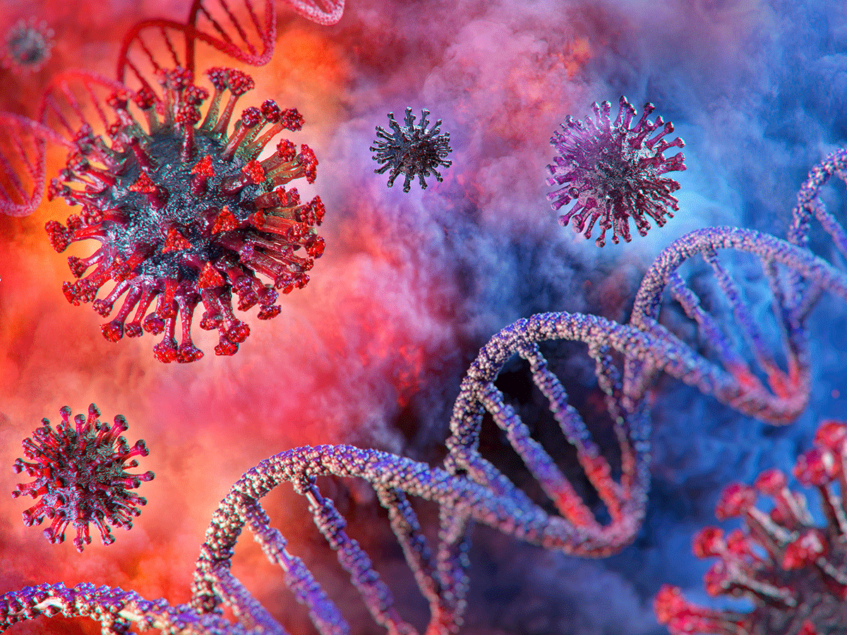
image courtesy: BioWorld MedTech
SGX-listed Singapore eDevelopment Ltd has announced that its wholly-owned U.S. biomedical subsidiary Impact BioMedical, Inc. has through its scientific research partner GRDG Sciences, LLC. conducted molecular docking studies utilizing advanced computational models, indicating that its Linebacker and Equivir compounds successfully inhibit infection by SARS-CoV-2, the virus responsible for the COVID-19 outbreak. The results indicate that the two compounds block 3 integral viral mechanisms for SARS-CoV-2 replication and infection: the viral spike interaction point, helicase, and protease.
Equivir and Linebacker are undergoing accelerated testing against the SARS-CoV-2 virus and data is expected to confirm efficacy based on previous work against other coronaviruses such as SARS and MERS. This research is part of a program conducted by GRDG to adhere to the principles and initiatives established by Project Bioshield and the Biomedical Advanced Research and Development Authority (BARDA) directives from the U.S. Department of Health and Human Services (HHS).
"Recent studies and analyses indicate that Angiotensin converting enzyme 2 ("ACE2") could be the host receptor for the novel coronavirus 2019-nCoV/SARS-CoV-2," says Dr. David Ostrov, PhD, a structural biologist / immunologist in the Department of Pathology, Immunology and Laboratory Medicine at the University of Florida, who previously discovered compounds that bind to ACE2, blocking interactions with SARS. "These new compounds with the potential to bind ACE2 and block coronavirus entry into cells were identified by simulation of structural interactions. New drug candidates will be evaluated for effects on coronavirus with GRDG."
Identifying ACE2 as the host receptor for SARS-CoV-2 is significant, however, inhibiting ACE2 is problematic as ACE2 is required to regulate cardiovascular system. Therefore, the intention is to modulate ACE2 through a conformational change to prevent interaction with the virus while simultaneously inhibiting the helicase and protease sites of the ACE2 which are necessary for viral replication.
The research is headed by Mr. Daryl Thompson, GRDG's Director of Scientific Initiatives. "The coronavirus presents a unique challenge in that it appears to exploit a 'hand shake' docking site to human cellular membranes that is atypical of Influenza and Rhinovirus. Influenza attaches to human membranes through the use of ICAM or intercellular adhesion molecules to download its genetic material.




